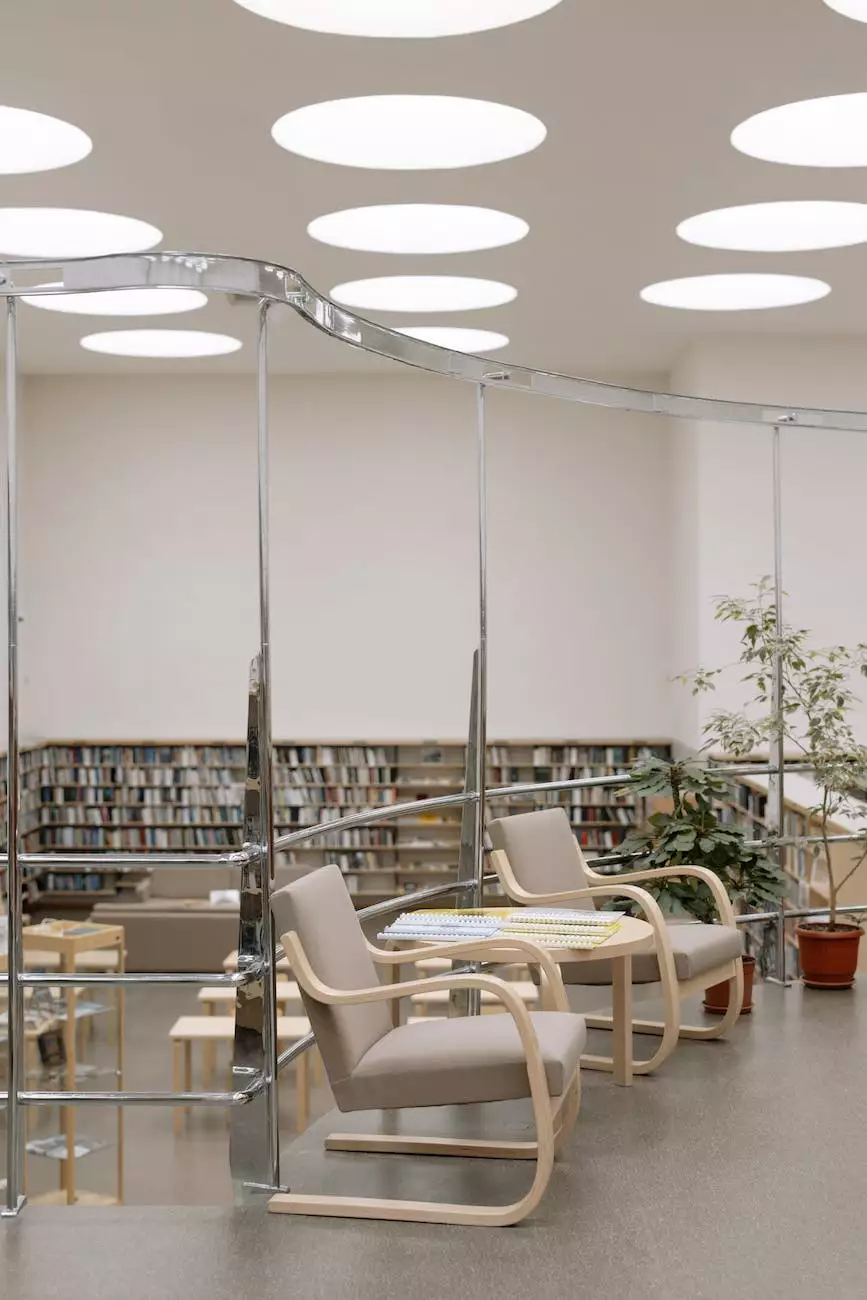WordPress Vs Webflow: Which One Is Right For You?

Introduction
Building a successful website is crucial for any business in today's digital world. However, choosing the right platform can be a challenging decision. In this article, we will compare the two popular website development platforms, WordPress and Webflow, to help you make an informed choice.
Understanding WordPress
WordPress, known for its versatility and user-friendliness, is a powerful content management system (CMS). It offers a wide range of themes, plugins, and customization options, making it a popular choice for both beginners and experienced developers. WordPress is an open-source platform, allowing developers worldwide to contribute to its continuous improvement.
Exploring Webflow
On the other hand, Webflow is a newer platform that has gained significant traction in recent years. It stands out for its intuitive visual interface, extensive design options, and a unique combination of CMS and website builder capabilities. Webflow offers a more visual approach to website design, making it an attractive option for designers and creative professionals.
Comparing Features
Design and Customization
Both WordPress and Webflow offer a wide range of design options. WordPress provides access to thousands of free and premium themes, allowing you to customize the look and feel of your website. With Webflow, you have full control over the design, enabling you to create unique and visually stunning websites from scratch without any coding knowledge.
Content Management
WordPress is renowned for its content management capabilities. It offers a simple and user-friendly interface to create and manage website content, making it ideal for blogs, news sites, and other content-driven websites. Webflow also includes a robust content management system, but with a more visual approach, giving you greater flexibility in designing and managing your content.
Flexibility and Scalability
WordPress offers unparalleled flexibility, allowing you to extend its functionality with numerous plugins. Whether you need advanced SEO tools, e-commerce integration, or membership functionality, WordPress has a plugin for almost every requirement. Webflow, on the other hand, is designed to be an all-in-one platform, offering integrated tools and features to meet most website needs without relying heavily on external plugins.
Website Performance
When it comes to website performance, WordPress has a slight advantage due to its long-standing reputation and extensive developer support. However, with proper optimization and caching, websites built on Webflow can achieve excellent performance as well. Both platforms allow you to enhance page loading speed and optimize for search engines, ensuring a smooth user experience.
Ease of Use
In terms of usability, WordPress is known for its intuitive interface and ease of use, making it accessible to beginners. The platform offers a vast community and extensive documentation, allowing users to find guidance and support readily. Webflow, although offering a visually appealing interface, might have a steeper learning curve for those with no web design experience. However, its comprehensive tutorials and resources make the learning process relatively straightforward.
Determining the Right Platform for You
Choosing between WordPress and Webflow ultimately depends on your specific needs and preferences. If you value ease of use, a wide range of plugins, and a large community for support, then WordPress might be the right choice for you. On the other hand, if you prioritize design control, visual editing capabilities, and an all-in-one approach, Webflow could be the better option.
Consider the following factors before making a decision:
- Your web design experience and comfort with coding
- The level of customization and design control you require
- Your website's content focus and management needs
- The scalability and potential future requirements of your website
- Your preference for an intuitive user interface or a more visual design process
Conclusion
Choosing the right website development platform is crucial for your online success. WordPress and Webflow both offer unique features and benefits, catering to different user requirements. Consider your goals, technical abilities, and design preferences to determine which platform best aligns with your needs. Whether you choose WordPress or Webflow, with the right strategy and optimization, you can create a standout website that propels your business forward in the digital landscape.




